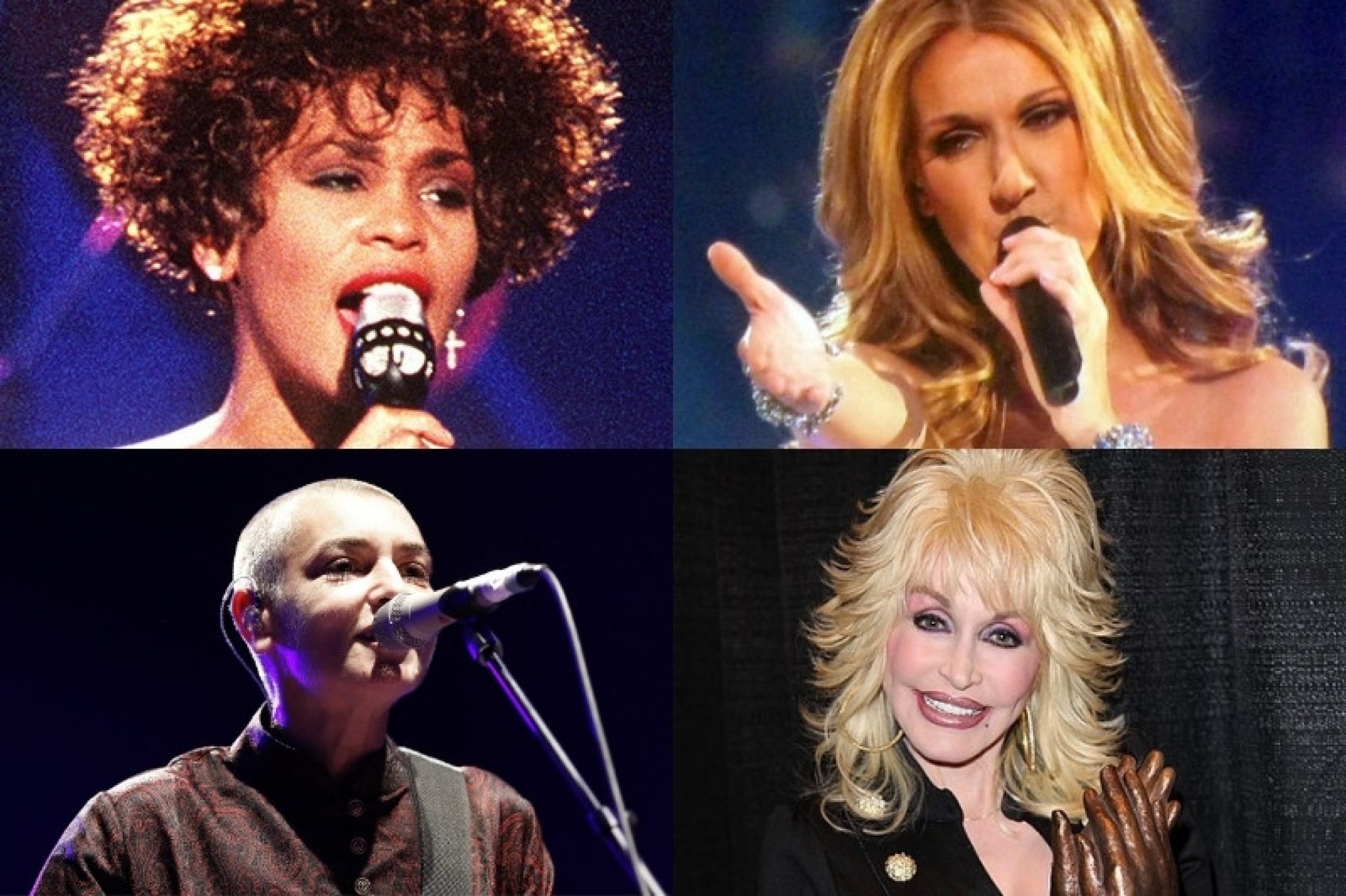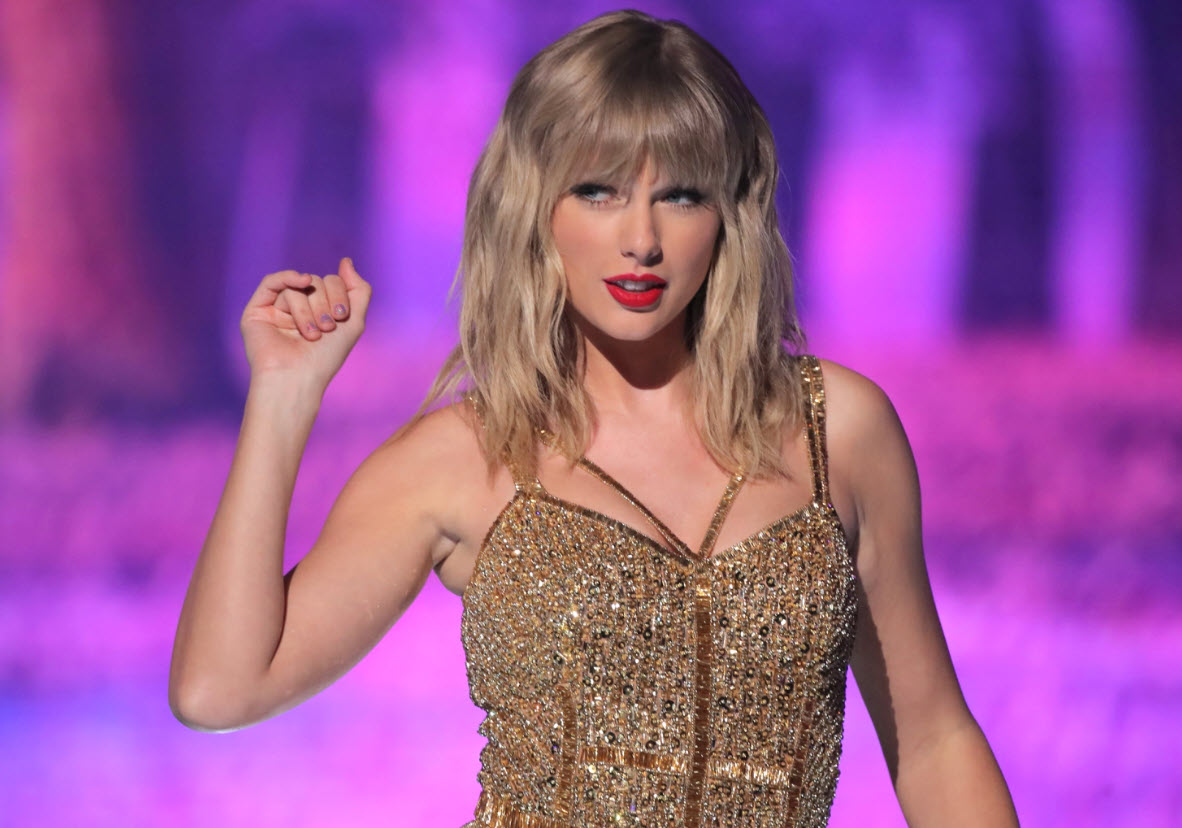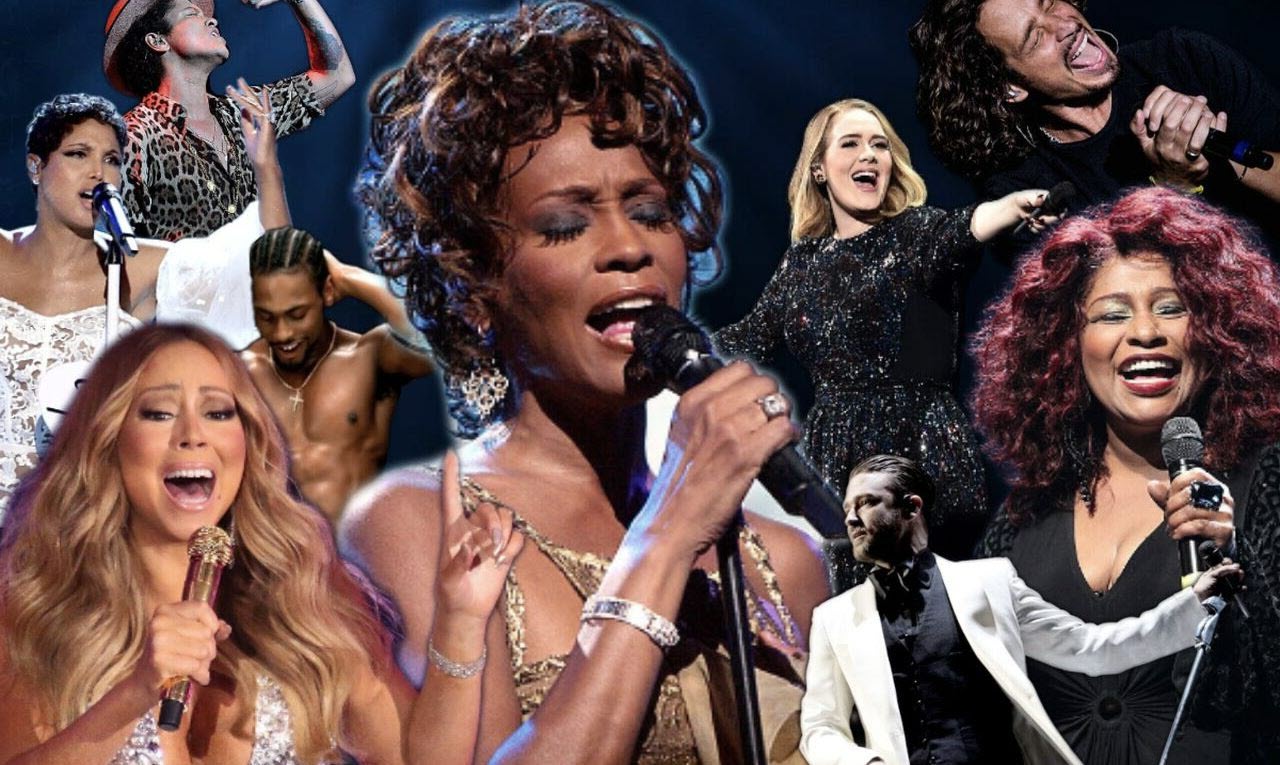What Singers Have Autism? Exploring Neurodiversity In Music
The world of music, you know, is really a place where so many different kinds of people can shine. It's truly a vibrant space, and it seems like more and more, we are hearing about artists who bring unique perspectives to their craft. This includes, very much, singers who are on the autism spectrum. Their contributions are, in a way, just adding to the rich tapestry of sounds and stories we all get to enjoy.
For a long time, there was not much talk about neurodiversity in public figures. But, as a matter of fact, things are changing quite a bit. People are speaking up, sharing their experiences, and that includes musicians. It's pretty cool to see how these conversations are helping everyone understand autism a little better, especially in creative fields like music.
So, you might be wondering, what singers have autism? This question, actually, comes up quite a bit. It’s about recognizing the talent and impact of these artists, and also, you know, showing how different ways of thinking can lead to amazing art. We will explore some of the well-known names and the broader conversation around autism in the music industry right now.
Table of Contents
- Understanding Autism Spectrum Disorder
- Celebrated Voices: Singers with Autism
- The Impact of Music on Autistic Individuals
- Neurodiversity in the Broader Music Scene
- Frequently Asked Questions
Understanding Autism Spectrum Disorder
Autism spectrum disorder, or ASD, is a developmental condition. It affects how people communicate and interact with others, and also, you know, how they behave. The range of symptoms can be very, very different from person to person. That's why it is called a "spectrum." Some people might have more noticeable challenges, while others might have experiences that are a bit more subtle.
It's important to remember that autism is a part of someone's brain wiring. It means they learn and think differently, you know? This difference, actually, can bring some really unique strengths, especially in areas like music or art. People with autism often have incredible focus or a special way of processing sounds and patterns, which can be a real gift in a creative field.
Diagnosis, it's worth noting, can sometimes be a complex thing. Psychological tests, for example, can vary a little. This depends on how someone understands the questions, the person being tested, and even the person giving the test. This means that sometimes, a diagnosis might come later in life, especially for women, as we have seen in some public discussions.
Celebrated Voices: Singers with Autism
When we talk about singers who have autism, a few names often come up. These artists, in a way, have shared their experiences publicly, helping to shine a light on neurodiversity in the music world. Their stories, you know, show how talent can truly flourish regardless of how one's brain is wired. It’s really inspiring to see.
Susan Boyle: A Story of Resilience
For fans of "Britain's Got Talent," Susan Boyle is, you know, a very familiar name. Her powerful voice captivated millions around the globe. She rose to fame quite suddenly, really, after her audition went viral. Susan Boyle, in fact, later shared that she received an autism diagnosis.
Her journey, you know, has been one of great resilience. It highlights how someone can achieve incredible success, even when facing personal challenges. Her story, in some respects, has helped many people understand that autism does not limit a person's ability to pursue their dreams or, you know, to share their gifts with the world. She is, quite simply, a remarkable talent.
Her openness, actually, has encouraged many conversations about neurodiversity. It shows that people on the spectrum can, you know, absolutely reach the highest levels of performance. She is, for many, a symbol of hope and perseverance in the entertainment industry.
Jodi Dipiazza: A Young Advocate and Musician
Jodi Dipiazza, born in October 2001, is another American musician who has been open about her autism. She is a composer, a vocalist, and, you know, very much an autism advocate. Jodi received her diagnosis, actually, quite early in life, sometime before her second birthday.
Her work, it seems, goes beyond just making music. She uses her platform to speak up for others on the spectrum. This is, in a way, incredibly important for raising awareness and promoting acceptance. Her dedication to both her art and advocacy is, you know, truly commendable.
Jodi's story, really, shows how music can be a powerful tool. It can help people with autism express themselves. It can also, you know, help them connect with others. Her journey is a testament to the positive role music plays in the lives of many autistic individuals, and how they can, in fact, give back to the community.
Sia and the Conversation Around Diagnosis
Sia, the Australian singer-songwriter, also shared her autism diagnosis. Her disclosure, in fact, sparked a lot of discussion. This was particularly true about autism representation and, you know, the idea of "masking." Masking is when autistic individuals hide their traits to fit in, and also, it brought up conversations about late diagnoses, especially in women.
Her experience, you know, highlights that autism can sometimes go undiagnosed for many years. This is because, you know, symptoms might present differently, or people might learn ways to cope that mask their challenges. Sia's honesty, actually, has helped many people feel seen and understood.
The conversation around her diagnosis, in some respects, has truly increased awareness. It's helped people understand the varied experiences of those on the spectrum. Her willingness to share, you know, has made a big difference for many, many individuals who might be going through similar things.
Eminem: A Topic of Discussion
Eminem, born Marshall Bruce Mathers III, is a very famous American rapper and music producer. He has sold, you know, over 300 million records. There has been, actually, an ongoing conversation about the possibility of Eminem being autistic. This discussion, you know, has inspired talks about neurodiversity representation in music.
It's important to note that this is a conversation, a possibility, rather than a confirmed diagnosis shared by him. Yet, the very fact that this discussion exists, in a way, helps to increase awareness. It gets people thinking about how different minds contribute to art. It also, you know, highlights that diverse ways of thinking are present in all areas of life, including the music industry.
This kind of public discussion, you know, really broadens our understanding. It makes us consider the many forms talent can take. It also, quite simply, keeps the conversation about neurodiversity going, which is, you know, always a good thing for everyone.
The Impact of Music on Autistic Individuals
Music, it turns out, can be incredibly beneficial for people with autism. It's not just about listening, you know. It can play a very important role in supporting social relationships and communication. For some, music offers a way to express emotions that might be hard to put into words. It's a bit like a different language, really.
Many autistic individuals, you know, find comfort and structure in music. The patterns and rhythms can be very soothing. It can also, in some respects, help with sensory regulation. This is why music therapy is, actually, a recognized way to support people on the spectrum. It provides a structured and engaging environment.
In the music industry itself, you know, there's a growing movement to support autistic musicians. Programs that promote neurodiversity and offer inclusive initiatives, like music therapy, are becoming more common. This helps to ensure that everyone, regardless of their neurological profile, has a chance to share their musical gifts and, you know, be a part of the scene.
Neurodiversity in the Broader Music Scene
Beyond specific individuals, the conversation about neurodiversity in music is, you know, much wider. There are, actually, many musicians who learn and think differently. This eclectic group of singers, songwriters, and performers, in a way, brings unique styles to their art. Their distinct approaches often combine classic sounds with experimental ones, setting them apart.
The music industry, in some respects, is becoming more aware of this. It's about recognizing that diversity, including neurodiversity, makes the industry richer. It means creating spaces where all talents can thrive. This could mean, for example, creating tributes or dedicating performances to autistic individuals who have made big contributions to the field.
We are seeing, you know, more discussions about famous people with autism, not just singers. This includes celebrities, musicians, and actors. These individuals have been vocal about their diagnoses and how being autistic impacts their lives. This openness, actually, helps to normalize neurodiversity and build a more accepting world for everyone, which is pretty great.
There are, in fact, many pages dedicated to autistic musicians. This shows just how many talented individuals are out there. This list, you know, is always growing and changing as more people share their stories. It’s a sign that the music world is, you know, truly embracing all kinds of minds and voices, which is, you know, exactly what we need.
Frequently Asked Questions
Are there many autistic musicians?
Yes, actually, there are many autistic musicians. The number of pages in a category for autistic musicians, you know, suggests there are over a hundred such artists. This list is, you know, always growing and changing as more people share their experiences and diagnoses.
How does autism affect a singer's career?
Autism can affect a singer's career in different ways. Some individuals, you know, might find certain aspects of social communication or public interaction challenging. However, it can also bring unique strengths, like a special focus on music, or a different way of processing sounds. Many autistic singers, in fact, achieve great success, showing that autism does not stop talent.
What are the benefits of music for people with autism?
Music can be very beneficial for people with autism. It can help with communication and social relationships. Music can also provide a way to express feelings, you know, and can be very soothing. It helps with sensory processing for some, and can be a powerful tool for self-expression and connection.
The growing recognition of autistic singers and musicians is, you know, a very positive step. It helps everyone understand that different ways of thinking lead to incredible creativity. It also, you know, encourages a more inclusive environment in the arts and beyond. You can learn more about neurodiversity and creativity on our site, and to understand more about the impact of music, you might want to explore how music supports well-being. This conversation, you know, truly helps build a world where everyone's unique talents are celebrated.

The 30 Best Female Singers of the 80s - Musician Wave

20 Famous Female Singers - Singersroom.com

15 Best Singers of All Time - Singersroom.com